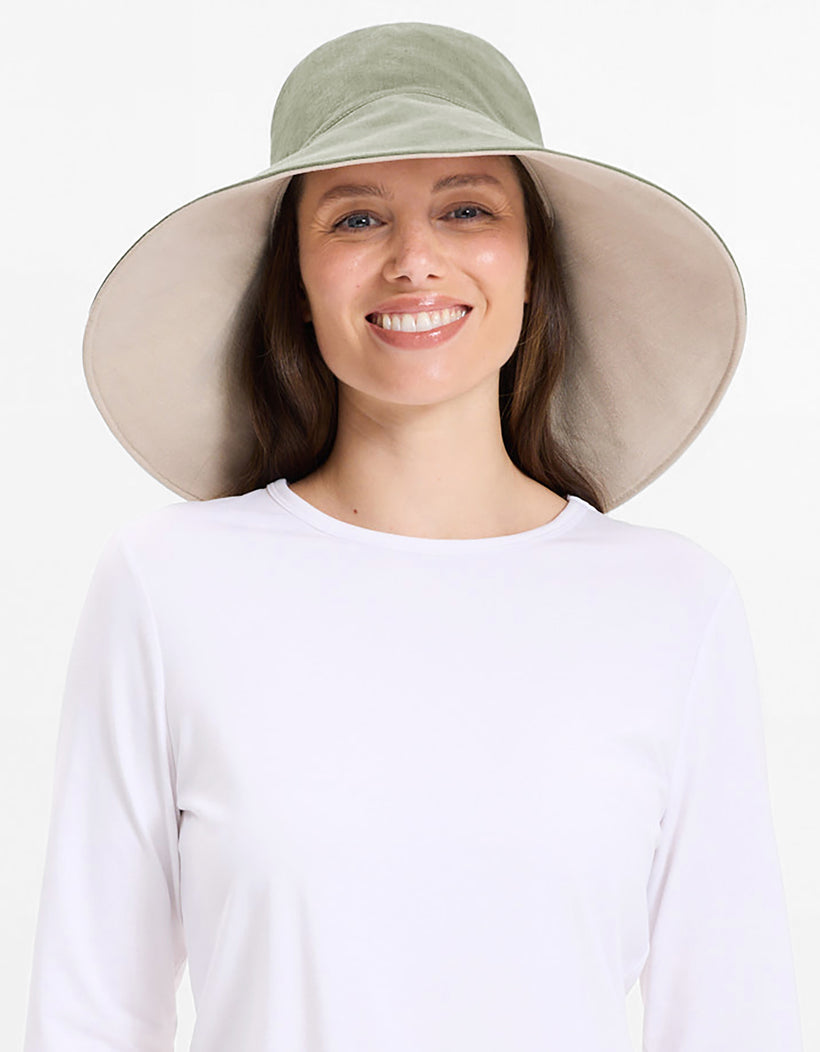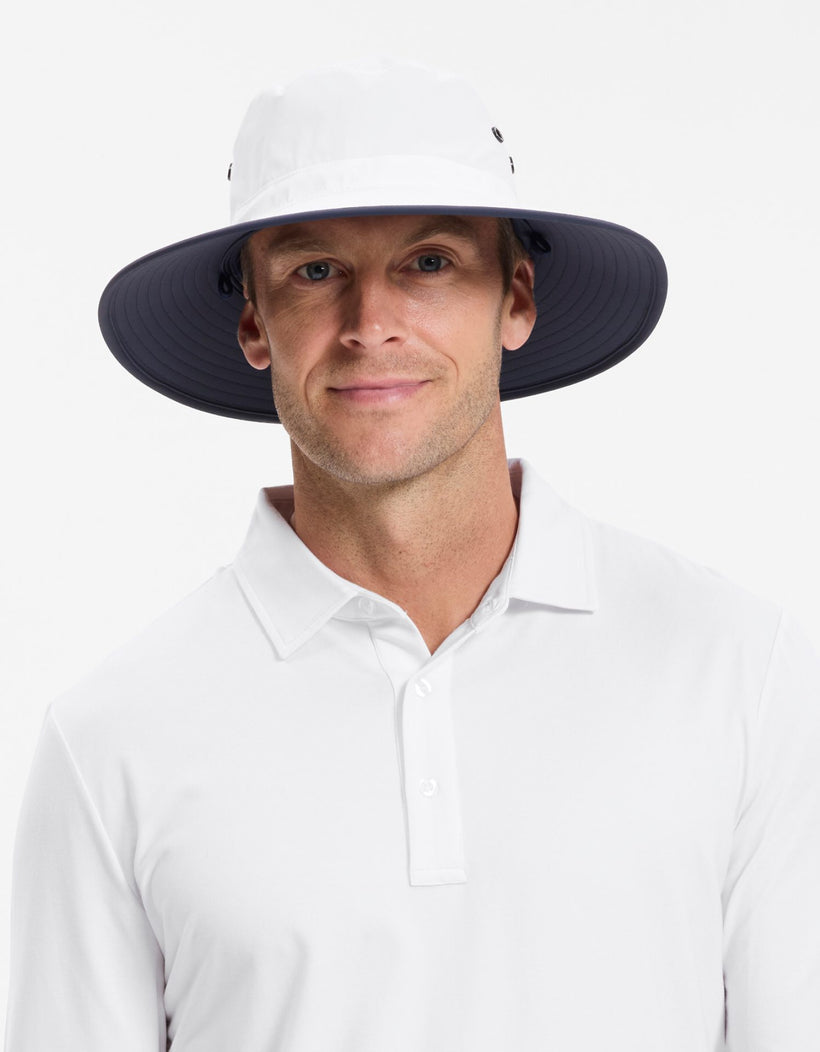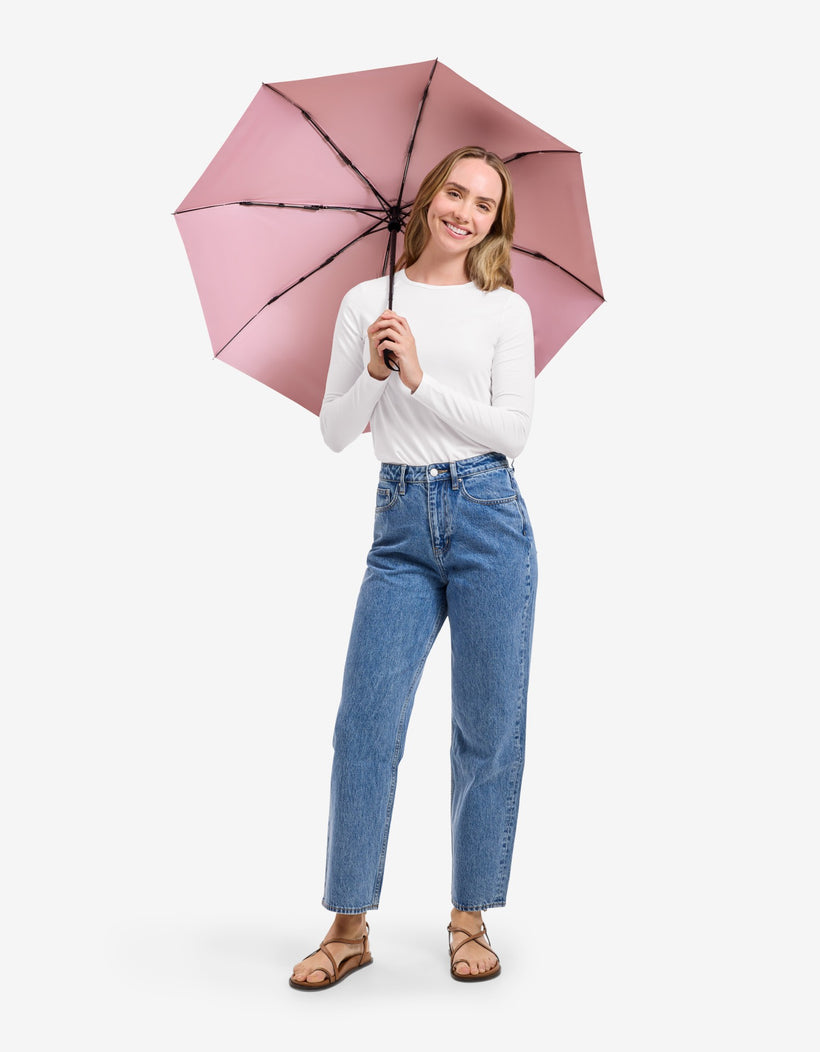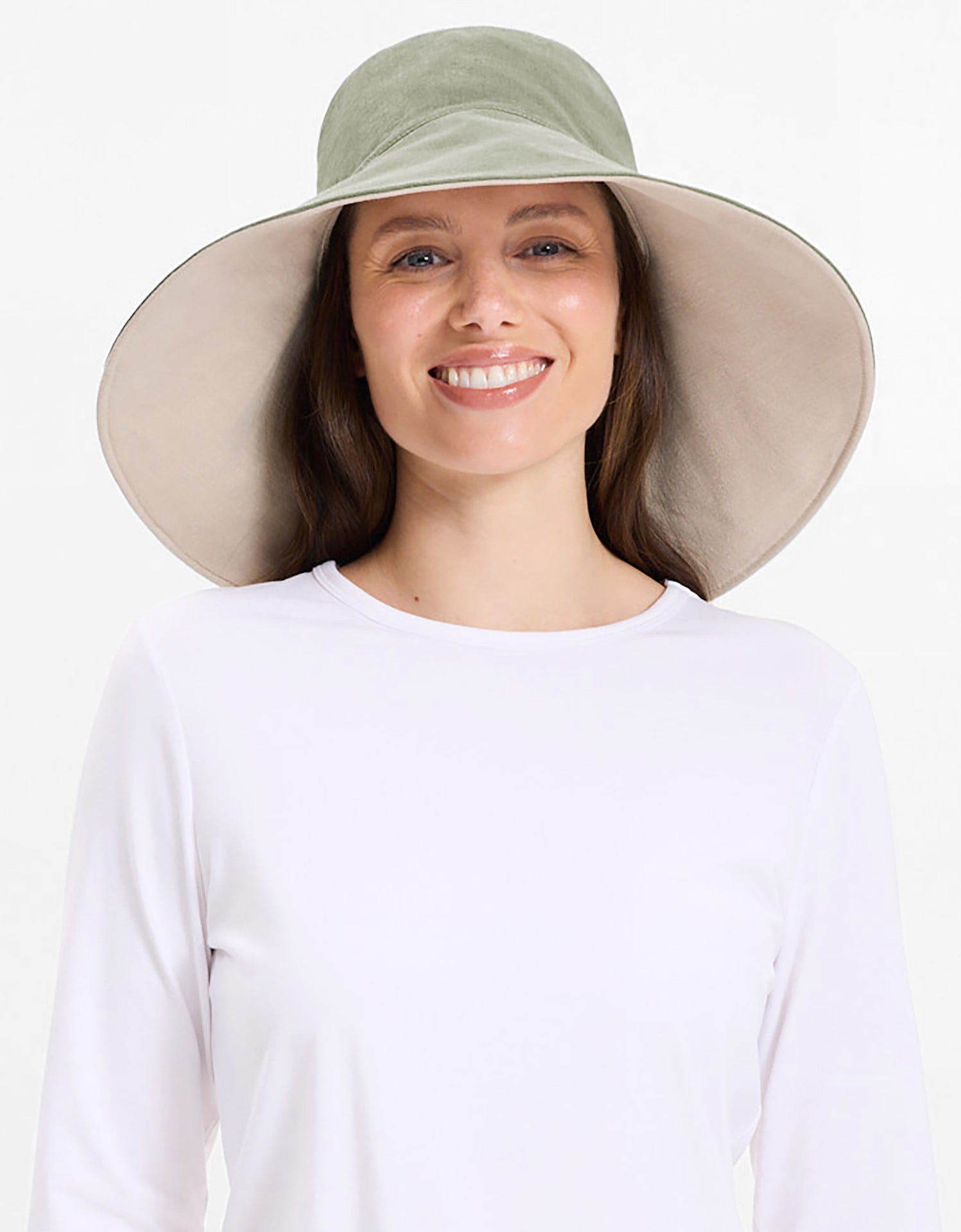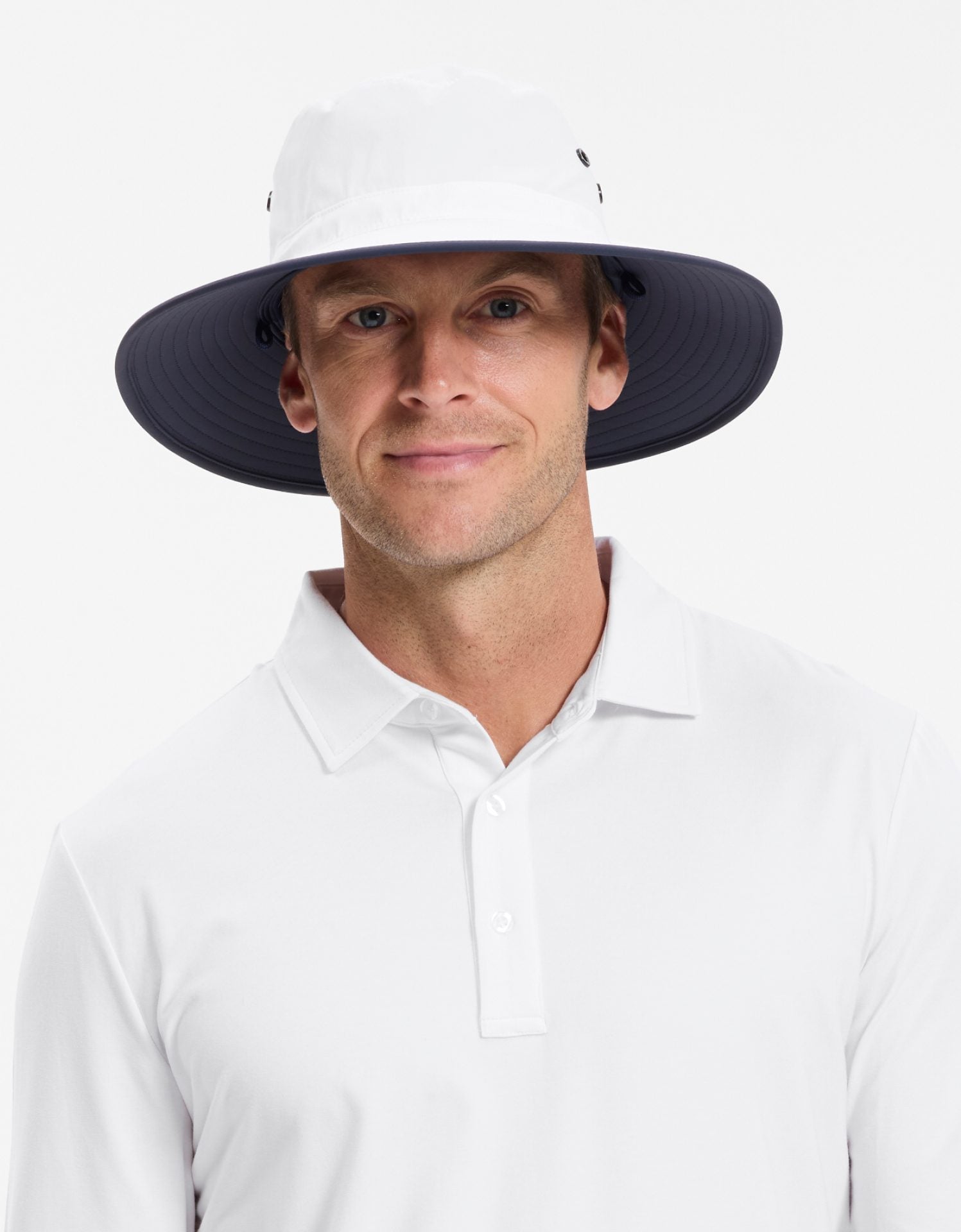Your Story Series: Meet Catrina

What is your name?
My name is Catrina.
Describe yourself.
I love going to the beach or just simply sitting under the sun.
How did you discover your skin cancer/melanoma and how long ago?
In 2012, I was diagnosed with Systematic Lupus Erythematosus, an autoimmune which my immune system attacks healthy tissue in my body. It can affect the skin, joints, kidney, brain and other organs in my body. I was advised by my specialist to avoid the sun as it may trigger/exacerbate my disease.
My skin itches or develops rashes, or I begin getting sick if I stay too long under the sun without sun protection, that’s why for years I avoided the sun and stayed cooped up inside the house. I hate using sunscreen because it's sticky or it stains my favourite clothes.
I began reading journals about patients having the same disease and discovered sun protective clothing. My Google search directed me to Solbari. I like the style of Solbari shirts, polo plus the textiles being used have a higher percentage of biological cotton instead of 100% polyester. The hat also provides good protection for my face although I still apply sunscreen on my face and parts of my skin that's not covered by my Solbari clothing.
What is your attitude towards sun protection today?
If most women retouch their make up every time, for me its retouching sunscreen and making sure that my body is protected against the sun. With Solbari clothing I have more time outdoors because I don't have to put sunscreen on my body and worry about stains.
What would you tell your 16-year-old self about sun protection?
Use sun protective clothing all the time when going outside and make sure to reapply your sunscreen every 2 hours because sun can damage your skin and it may take years before your skin repair itself. Our skin is the biggest organ in our body which protect us from microbes and other elements.
In return, we should take good care of it and sun protective clothing is one of the best solutions for people like me who hate sticky, oily sunscreen.
Pictured: my recent holiday in the sunny Philippines.
Thank you Catrina for helping raise awareness for skin cancer, melanoma and skin conditions, and sharing your story with us and our Solbari Community.
